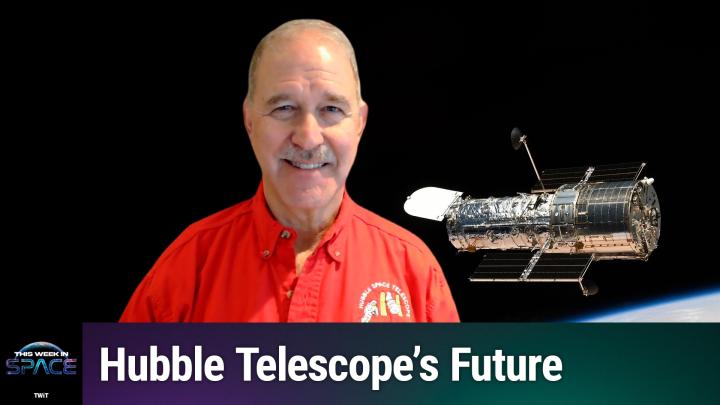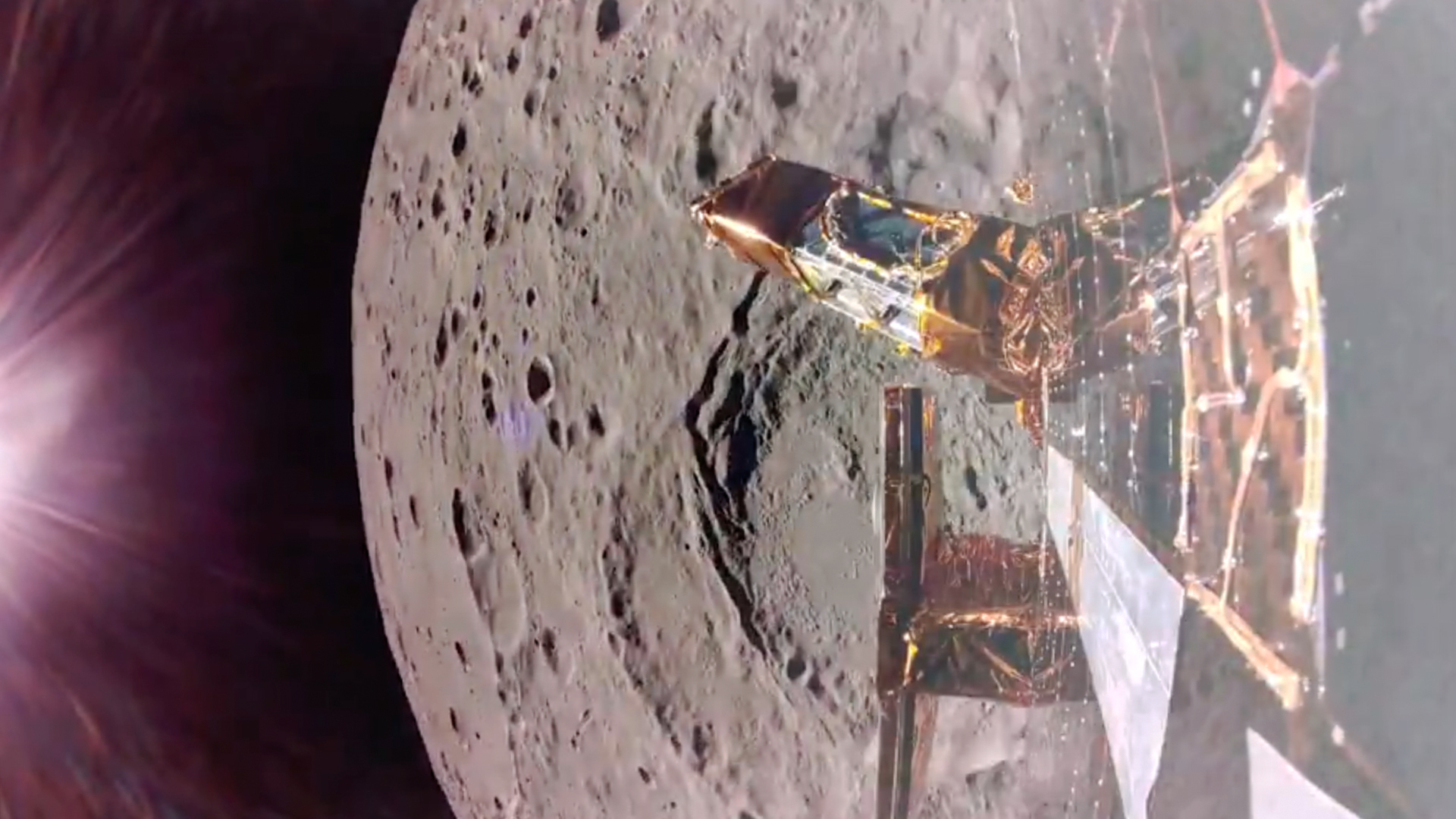Rubber Band Invoked to Explain Dark Energy
A new theory invokes the common rubber band in an attempt to explain dark energy, a mysterious force causing the universe to expand at an ever-increasing pace.
Scientists discovered in the late 1990s that galaxies were not just receding from each other, but doing so at an accelerating rate. Dark energy was conjured to explain the antigravity that must be at work. Nobody knows if the force is generated from within the universe or if it's an outside effect.
The new idea links dark energy to neutrinos, subatomic particles that rarely interact with other matter but which were recently found to have a minute amount of mass. Neutrinos are generated in the Sun and other stars and were also a product of the Big Bang. They pass through your house, your body and even the Earth constantly.
Conventional theory holds that neutrino mass does not change over time. In the new theory, neutrinos gain mass when given some room.
Tension
In the early universe, neutrinos would have been packed relatively tightly. Nowadays they are farther apart and so each has greater mass, the new theory suggests. As they move apart, a tension develops between them, like that in a stretched rubber band, said Ann Nelson, a physics professor at the University of Washington.
The increasing tension is the infamous dark energy, explained Neal Weiner, a physicist at the university and another member of the study team.
Get the Space.com Newsletter
Breaking space news, the latest updates on rocket launches, skywatching events and more!
The tension has been given a name: the acceleron.
Neutrinos create an acceleron field, much like a charged particle creates an electric field, Weiner explained in a telephone interview, except that this force is always attractive.
"This attractive force is the rubber band between the neutrinos," he said. "The neutrinos leftover from the Big Bang create an acceleron field evenly throughout the universe. The energy in that field feeds the expansion of the universe."
Why is the acceleron -- for now just a theoretical thing -- theoretically useful?
Einstein's theory of General Relativity predicts that the energy density of the universe is directly related to the expansion rate. As the universe expands, the energy density gets lower, and the universe should slow down. Since the expansion is accelerating, however, some other form of energy density must be at work.
Here's the key prediction of the new theory:
"Neutrinos respond to being around other neutrinos by being lighter," Weiner said. "As you separate them, they can get heavier. As the universe expands, neutrino masses go up."
The theory also predicts that neutrinos will change mass based on how densely they're surrounded by ordinary matter, just as light looks different when passing through air versus water or through a prism. Neutrinos should have a different mass in air than when passing through rock, for example. And that might one day be measurable, using huge particle-accelerator labs, nuclear reactors or even neutrinos from the Sun.
Caution
Like other theories about dark energy, this one can't be proven just now, and other scientists are cautious about it.
Accelerons are as plausible as "any other idea out there," said Robert Scherrer, a professor of physics at Vanderbilt University who recently proposed that dark energy was intimately tied to dark matter, another great mystery. (Dark matter was invoked to explain why the stars of an individual galaxy hold together in a swirl, rather than flying apart as would be dictated by the total amount of regular matter found.)
"This is a very difficult problem and we don't really have one obvious solution that is so compelling that everyone says, 'Yes, this has to be the right solution,'" Scherrer told SPACE.com. "That's why so many different theories are proliferating. This model will join the competition along with all the others, and some day we'll know who came up with the right answer."
The acceleron theory will be published in an upcoming issue of Physical Review Letters, a journal of the American Physical Society. David B. Kaplan, a physics professor at the University of Washington, also worked on the study.
One interesting aspect is what it would mean for the fate of the universe. Observations of the effects of dark energy have yet to show whether the universe will reverse course and collapse, or expand forever to create a ghostly loneliness, or perhaps accelerate to the point that all matter is destroyed in a Big Rip.
"In our theory, eventually the neutrinos would get too far apart and become too massive to be influenced by the effect of dark energy any more, so the acceleration of the expansion would have to stop," Nelson said. "The universe could continue to expand, but at an ever-decreasing rate."
- Dark Energy's Effects
Join our Space Forums to keep talking space on the latest missions, night sky and more! And if you have a news tip, correction or comment, let us know at: community@space.com.

Rob has been producing internet content since the mid-1990s. He was a writer, editor and Director of Site Operations at Space.com starting in 1999. He served as Managing Editor of LiveScience since its launch in 2004. He then oversaw news operations for the Space.com's then-parent company TechMediaNetwork's growing suite of technology, science and business news sites. Prior to joining the company, Rob was an editor at The Star-Ledger in New Jersey. He has a journalism degree from Humboldt State University in California, is an author and also writes for Medium.









